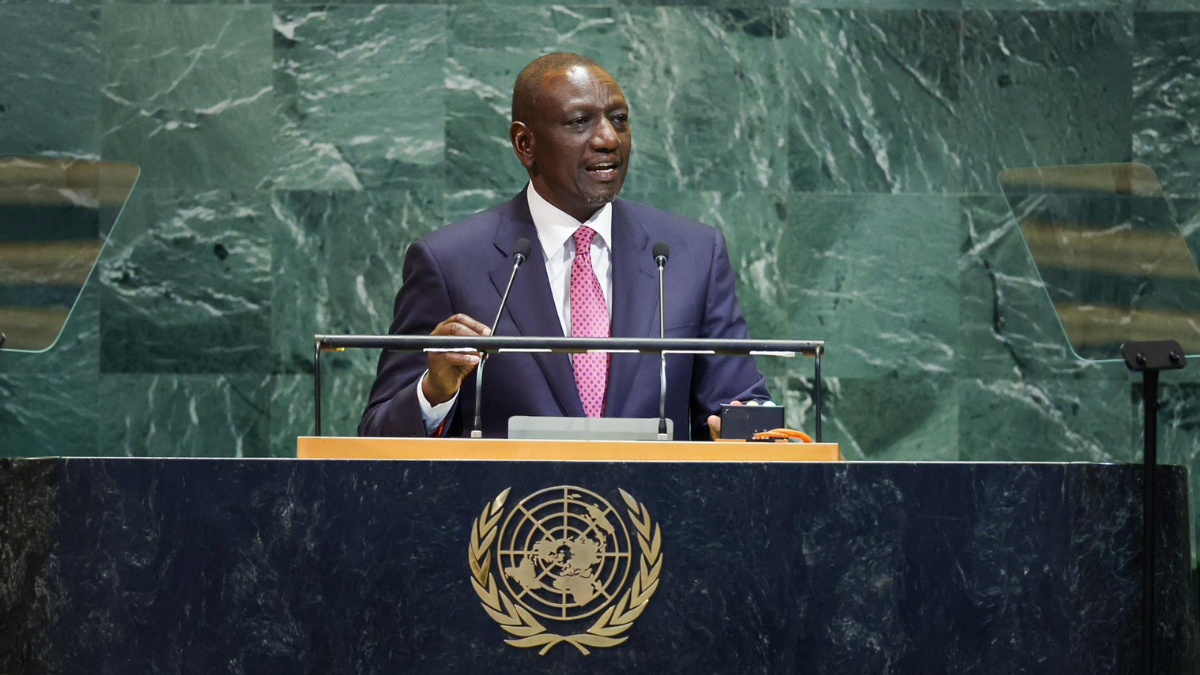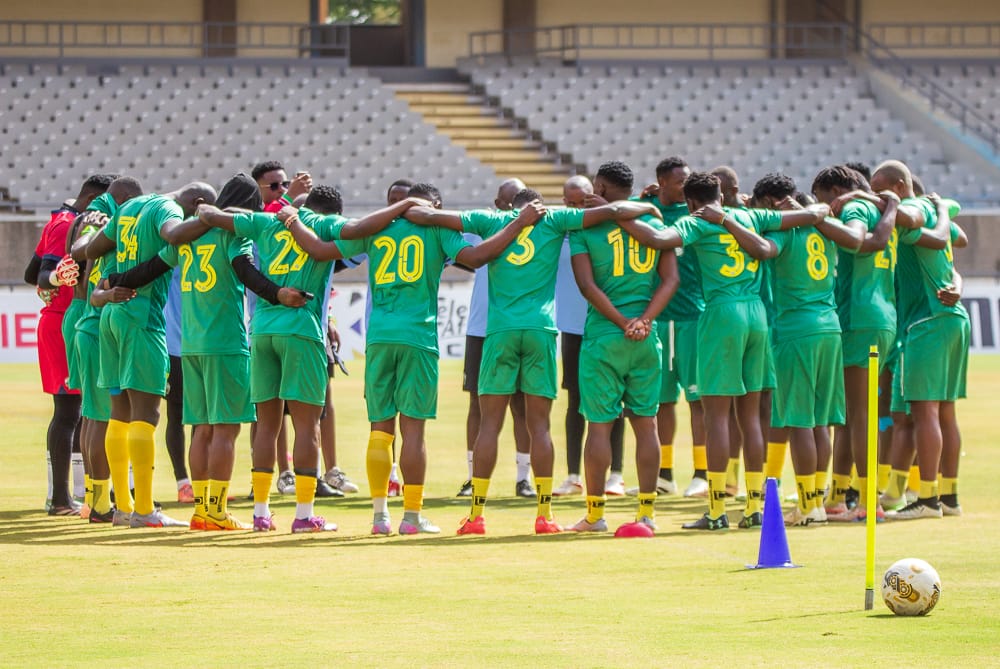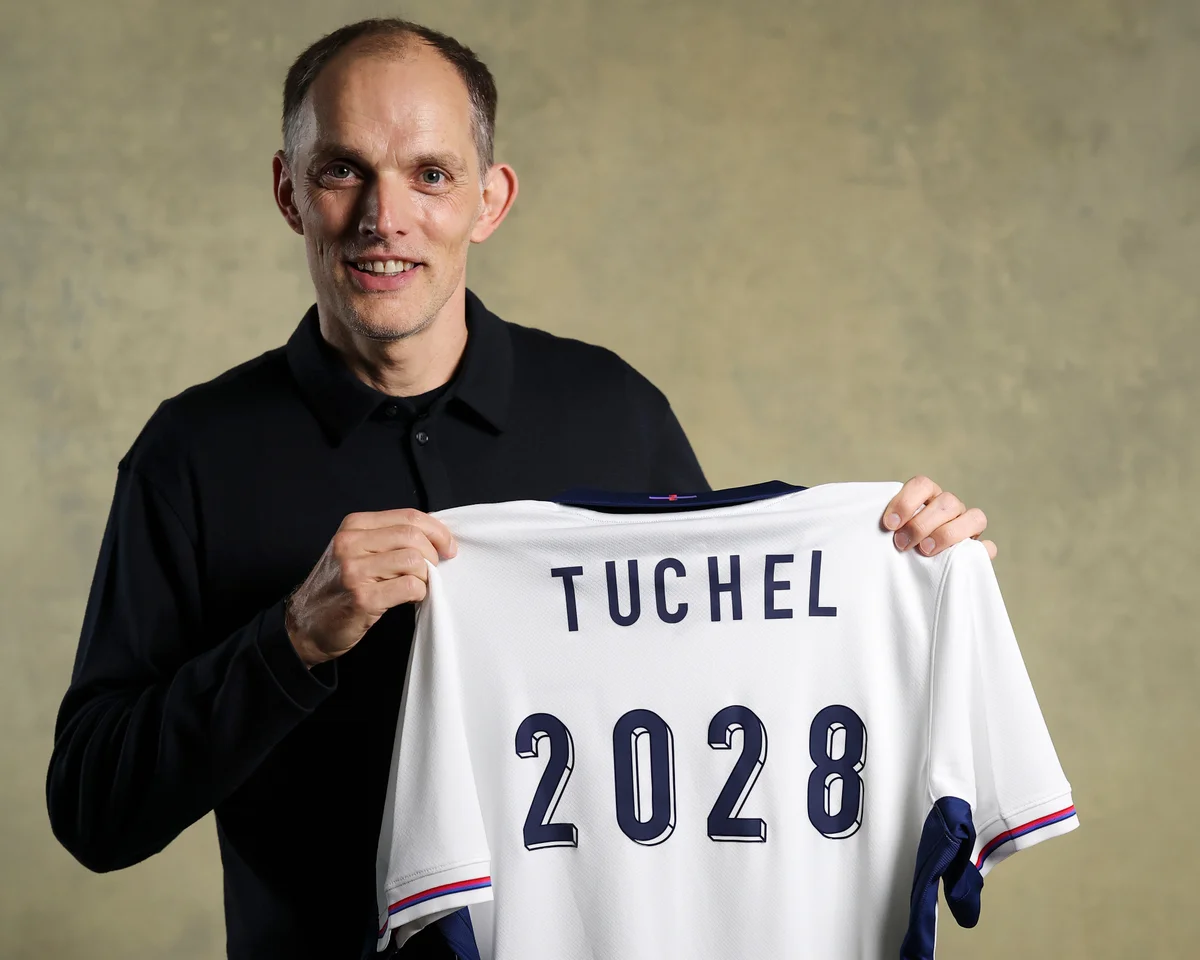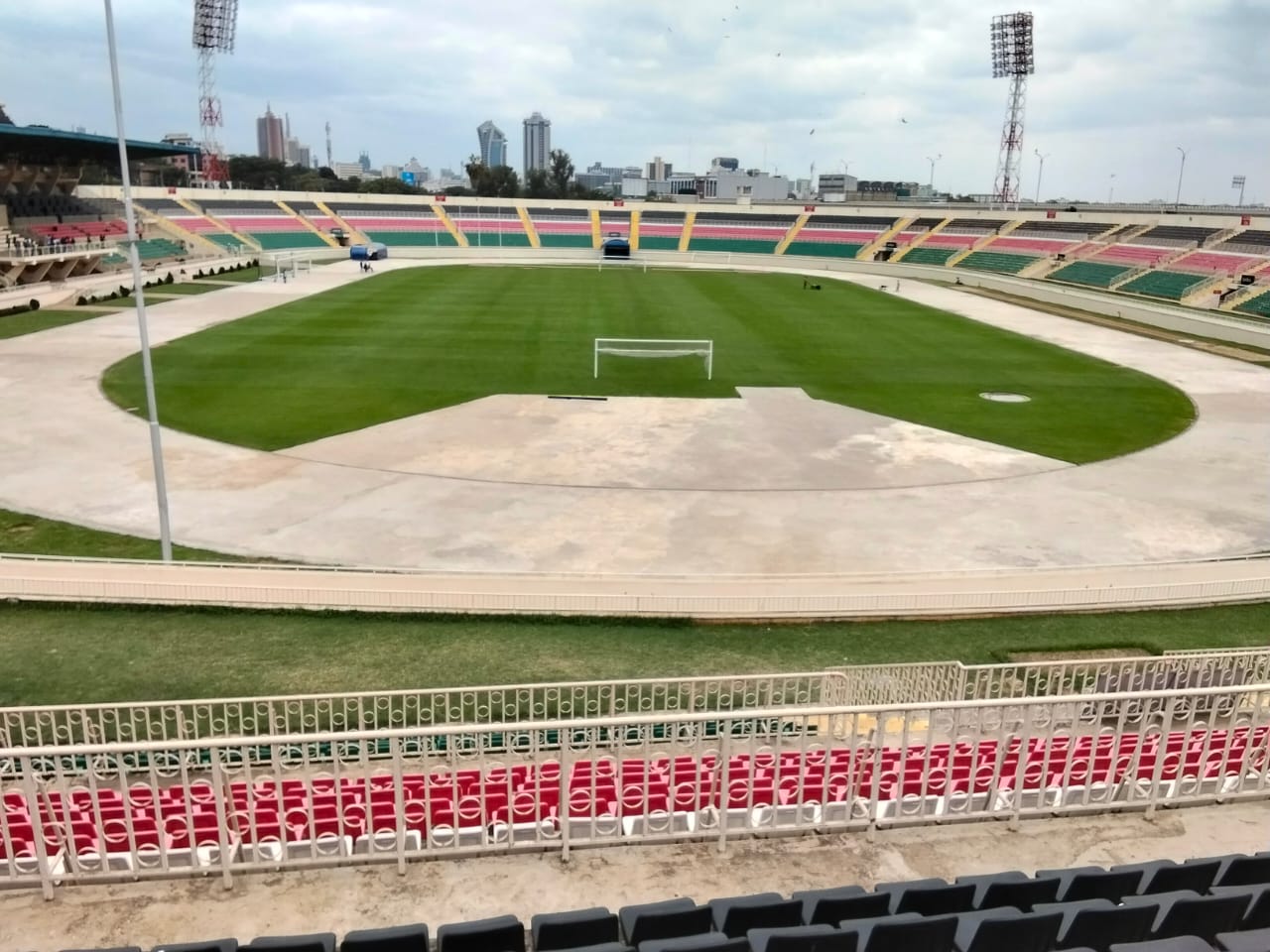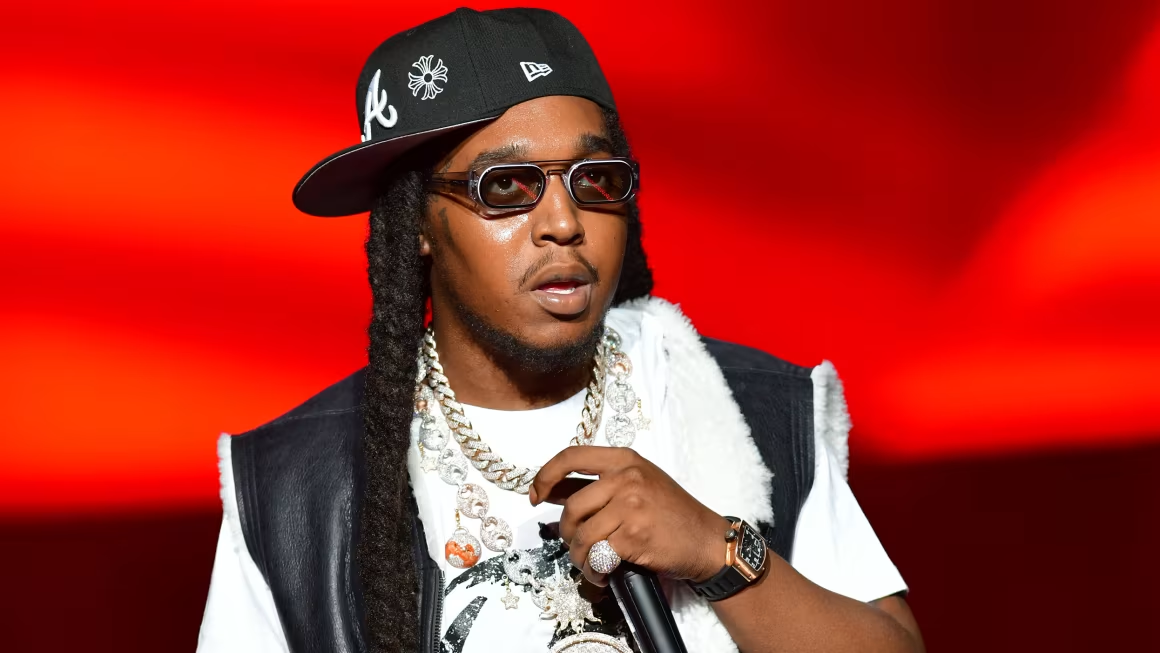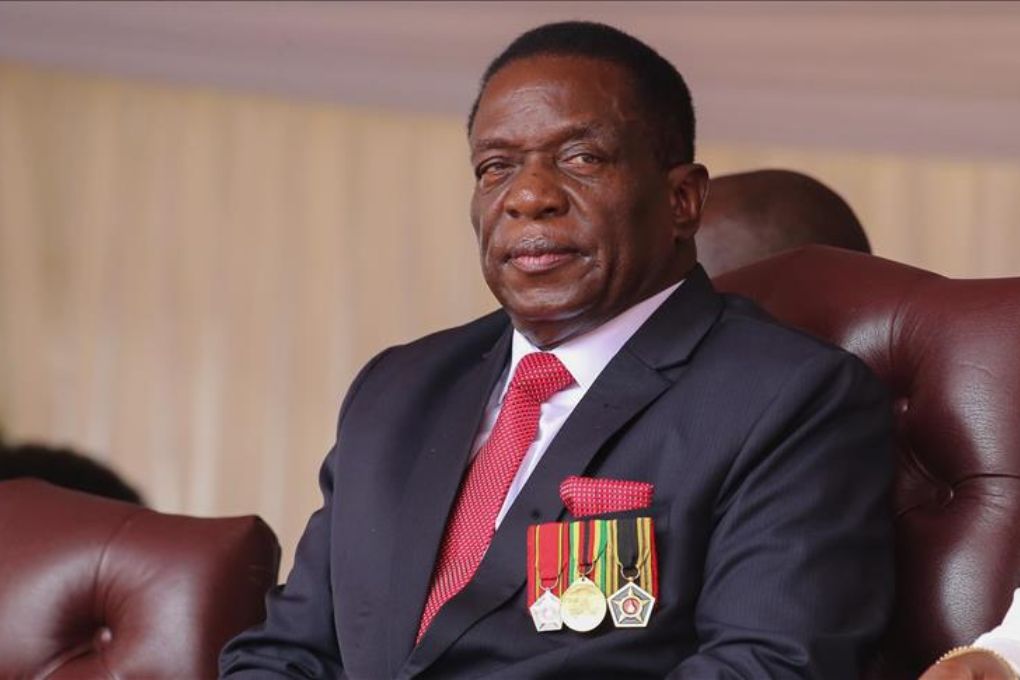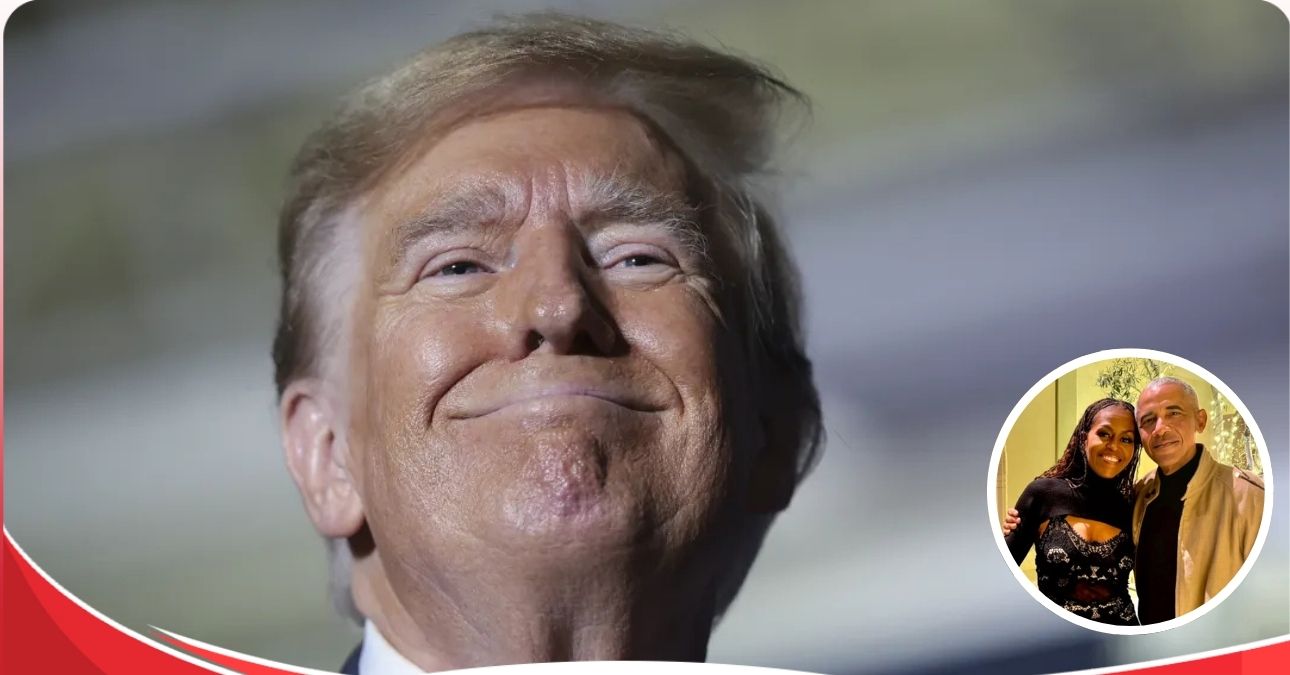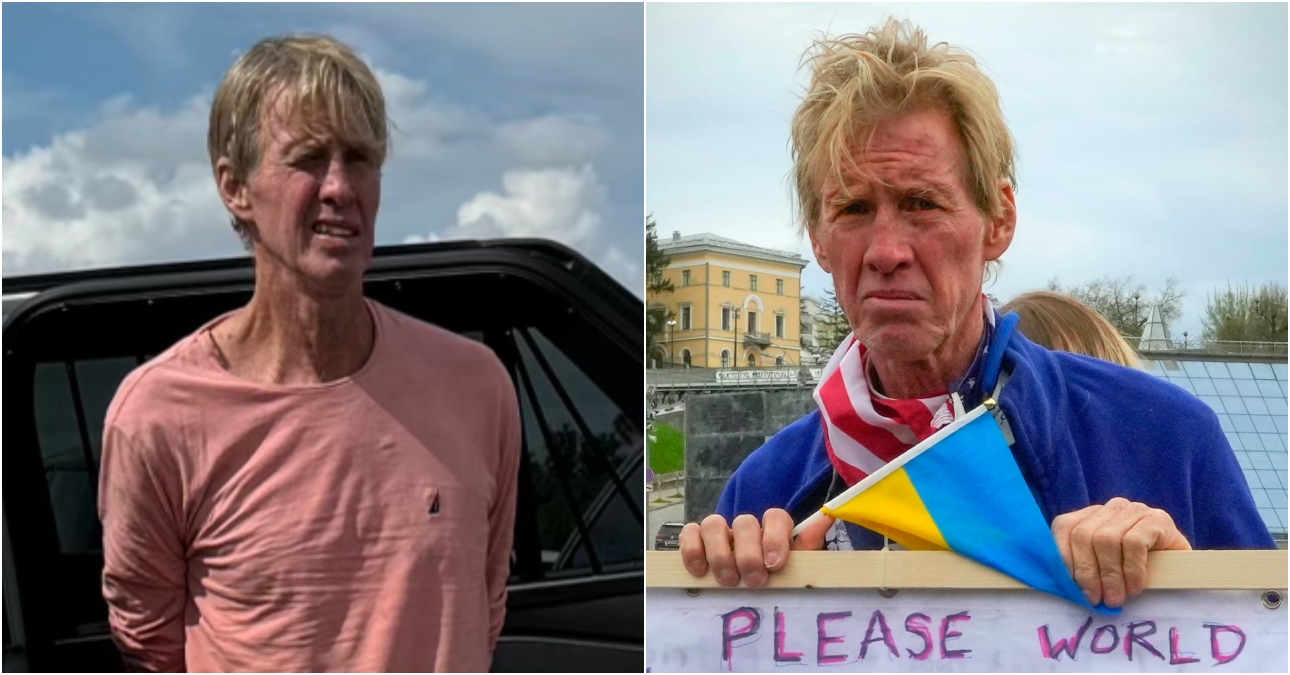The United Nations must implement reforms that reflect changing times or slide into irrelevance, President William Ruto has warned.
The President said the global organisation must become fit-for-purpose, its organs reformed, the mandate strengthened, and decisions aligned with current realities rather than the 1945 geopolitical situation.
He noted that no matter how noble the UN’s origins or how impactful its legacy, it must adapt to remain relevant.
“Institutions rarely fail because they lack vision or ideals; more often, they drift into irrelevance when they do not adapt, when they hesitate to act, and when they lose legitimacy,” he said.
The President was delivering Kenya’s National Statement at the General Assembly Debate of the United Nations in New York on Wednesday September 24, 2025.
The President said the United Nations cannot claim to be united while Africa, with 54 nations, remains excluded from permanent representation on the Security Council.
“Africa’s exclusion is not only unacceptable, unfair, and grossly unjust; it also undermines the very credibility of the United Nations,” he said.
He explained that reforming the Security Council is not a favour to Africa but a necessity for the UN’s survival.
“The world must understand that reforming the Security Council is not a favour to Africa; it is a necessity for the UN’s own survival.”
The President also called for bold reform of the international financial system.
“The current global financial architecture punishes poor countries while rewarding the rich,” he said.
But all is not lost for Africa, President Ruto pointed out. He explained that Africa is building its own resilience through homegrown banks and a new credit rating agency.
He advocated affordable climate finance and called for the unlocking of the $300 billion agreed at the UN climate conference in Baku, Azerbaijan.
“Without affordable finance and reform of the international financial architecture, the promise of climate action in Africa will remain constrained,” he said.
On conflicts in various parts of the world, the President raised concerns over the situation in Gaza and Sudan, saying suffering cannot be condemned in one place and ignored in another.
Consequently, he called for a permanent ceasefire in Gaza and a credible political process to attain lasting peace between Israel and Palestine.
At the same time, he demanded the unconditional release of Israeli hostages.
“Only through such a process can the vision of a two-State solution be realised with Israel and Palestine living side by side in peace and in security,” President Ruto noted.
In regard to climate change, the President said Africa is taking bold steps to reverse the effects of the world’s foremost existential threat.
He pointed out that climate change is the greatest threat of our age, but at the same time one of the greatest opportunities.
“Kenya and Africa are not passive victims of this crisis. We are taking bold steps, showing that climate action can be the foundation for inclusive growth,” the President explained.
On Haiti, President Ruto said Kenya’s leadership of the security support mission had achieved commendable results against many odds, restoring key institutions once controlled by gangs.
“Schools that had been shattered by violence have reopened, children are back in class. Roads once manned or blocked by gangs have free-flowing traffic. Cases of kidnapping and extortion have reduced sharply. The airport and seaport, once surrounded by gangs, are now abuzz with normal operations,” he said.
But he warned that the mission was underfunded and called for greater support to secure the nation.
“I urge the Security Council and all partners to remain steadfast in ensuring that Haiti moves forward on a path of peace, stability, and renewal,” he added.


